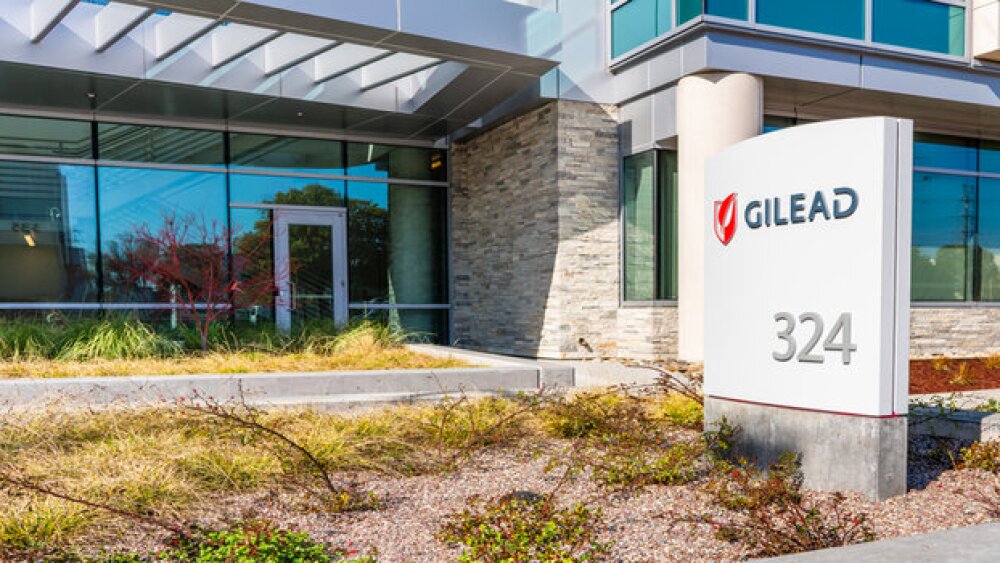The regulator’s approval of Livdelzi for primary biliary cholangitis under the accelerated pathway is a boost to Gilead Sciences’ liver disease business. Analysts expect the drug to reach more than $1 billion in sales.
The FDA on Wednesday cleared Gilead Sciences’ seladelpar for the treatment of primary biliary cholangitis, which the pharma will market as Livdelzi as it targets blockbuster status.
Wednesday’s approval, granted under the regulator’s accelerated pathway, allows the use of Livdelzi plus ursodeoxycholic acid (UDCA) in adult patients who cannot tolerate UDCA or who have otherwise shown an inadequate response to UDCA monotherapy. By contrast, patients with or who usually develop decompensated cirrhosis should not take Livdelzi, according to Gilead’.
“People living with PBC [primary biliary cholangitis] have been waiting for treatment advancements for many years,” chairman and CEO Daniel O’Day said in a statement, noting that Livdelzi’s approval will provide these patients and their doctors with “an important new option.”
Under the FDA’s accelerated approval pathway, Gilead needs to validate Livdelzi’s clinical benefit in a confirmatory Phase III trial to keep the product on the market.
Livdelzi is an oral selective agonist of the peroxisome proliferator-activated receptor delta (PPARδ), a transcription factor that plays a key role in lipid metabolism and inflammation. By activating PPARδ, Livdelzi helps regulate the immune response, in turn addressing an underlying disease pathway in PBC.
In the placebo-controlled Phase III RESPONSE trial, which supported Wednesday’s approval, Livdelzi treatment elicited a significantly higher rate of composite biochemical response. At 12 months, 62% of patients in the Livdelzi arm met this composite endpoint as opposed to 20% among placebo comparators.
RESPONSE also documented a “statistically significant” improvement in pruritus score versus placebo, according to Gilead’s news release on Wednesday. Pruritus is a key symptom of PBC and is sometimes the first sign of the autoimmune liver disease.
THe pruritus data made it to Livdelzi’s label, which Mizuho analyst Salim Syed wrote in an investor note could be “potentially an important differentiator” versus Ipsen and Genfit’s PBC drug Iqirvo (elafibranor), the label of which makes no mention of pruritus. The indication sections of both drugs are otherwise “virtually identical,” Syed said.
Livdelzi was originally developed by CymaBay, which had pushed the molecule into late-stage development. Gilead acquired CymaBay in February 2024 for $4.3 billion.
Before the merger, CymaBay in September 2023 launched the Phase IIIb/IV AFFIRM study of Livdelzi, the findings from which will serve to confirm its clinical benefit and could potentially be the basis for its full approval.
Truist Securities analyst Asthika Goonewardene in an investor note called Livdelzi’s approval a “step towards transforming Gilead’s liver diseases franchise.” In its second-quarter 2024 earnings report, the pharma touted a 17% growth in its liver disease business, which brought in $832 million in the quarter. Truist estimates that Livdelzi could potentially exceed $1 billion in sales.
Correction (August 16): This story has been updated to remove the reference to Livdelzi being a first-in-class drug. Ipsen’s Iqirvo was approved ahead of Livdelzi and belongs to the same drug class. A previous misspelling of Skyrizi was also corrected. BioSpace regrets the error.






